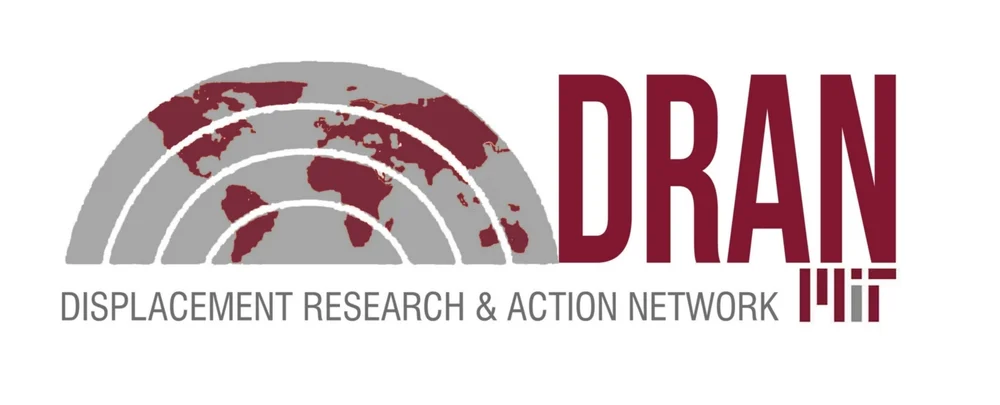An Interview with Rodolfo Stavenhagen: former UN Special Rapporteur on the Rights of Indigenous Peoples
April 10th, 2015
This interview is second in a four-part series on the anti-displacement work being carried out by participants in the Displacement Research Action Network’s November 2014 conference, Global Convergences: Strategies Against Evictions and Displacement.
DRAN: Can you tell us about your work with the UN, particularly in regard to the challenges Indigenous peoples face when resisting displacement?
Rodolfo Stavenhagen (RS): During the years I was exercising the Mandate of Special Rapporteur it was very obvious in various country missions that indigenous people continue to be widely marginalized, excluded from political decision-making, and discriminated against at all levels – from the personal discrimination of being objects of hate speech, to the institutional discrimination of the slur that indigenous people don’t count in this country. This neglect feeds into the power they have to demand their own rights, and resist coercion.
While there are specific issues indigenous face, such as lack of respect for their legal systems and property rights, we also need to look at the wider picture. What’s clear is that discrimination of indigenous peoples is the expression of a wider malaise in the economic and political system: the subversion of the state for the benefit of a handful of corporations.
DRAN: Like the struggle over biodiversity.
RS: Yes. The most biodiverse areas are home to the indigenous peoples. It is not that indigenous people are an obstacle to biodiversity; on the contrary they take care of it. Studies show that where there is greater linguistic diversity you also have greater biodiversity. This is being challenged now by corporations that want to patent any little change they can produce in a plant in a laboratory. Indigenous peoples now find that their own resources which they have protected for centuries are being taken away from them, a process that also leads to the taking of the land.
That is where issues of evictions and displacement emerge, within the framework of how the system operates as a whole, including who benefits from the workings of the system.
DRAN: How has the struggle of the indigenous peoples for their rights evolved over time?
RS: Over the years, indigenous peoples have let their voices be heard at the political level and they have been able to do so at the international level at the UN. This exposure has fed back into their struggles in their own countries. Their participation in the UN has stimulated and fueled their own discourse with their governments. They can now stand up to governments and point to the UN declarations for their own rights.
For instance, now more and more indigenous people get elected to parliament. Slowly things are moving forward.
But governments can still play the simulation game and say they’re looking into certain things when (for example, violations of indigenous rights) when they actually aren’t taking any action.
DRAN: What partnerships do you think could be most effective to change this? Who needs to be talking to whom?
RS: Well, everyone needs to talk to everyone. Indigenous peoples have been isolated for far too long because the rest of society has demanded they integrate with them. The official policy of Latin American governments has been one of assimilation. “Why don’t they modernize?” governments ask, “And get modern jobs and modern education?” Whereas indigenous people say, “We want to develop according to our own standards and own identities.” They want to be recognized as part of a multicultural society that respects diversity.
The dialogue between these two groups is not generally happening. Indigenous peoples for one should be recognized in local political structures that impact them, and be allowed to manage their own resources. Of course you have certain exceptions, as in Bolivia where an indigenous person was elected and re-elected as president of the country. But continuous dialogue is an essential ingredient in the struggle for indigenous rights.
